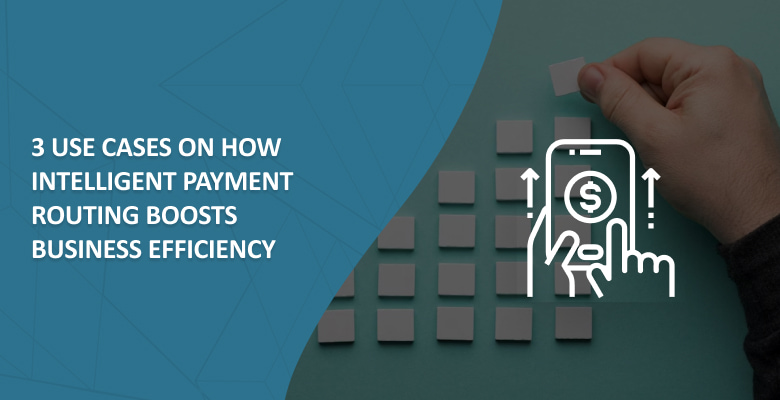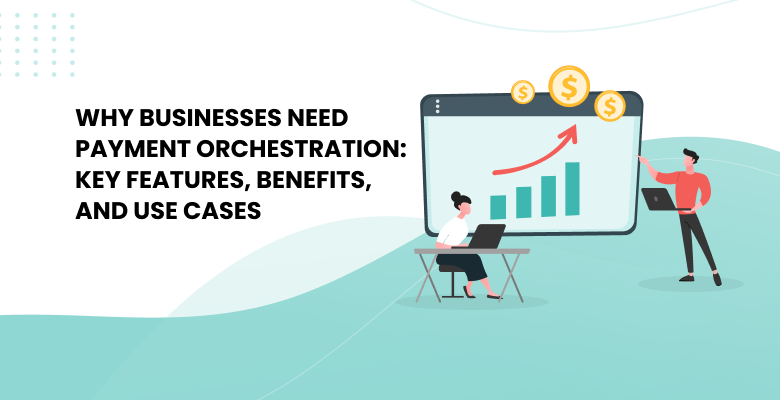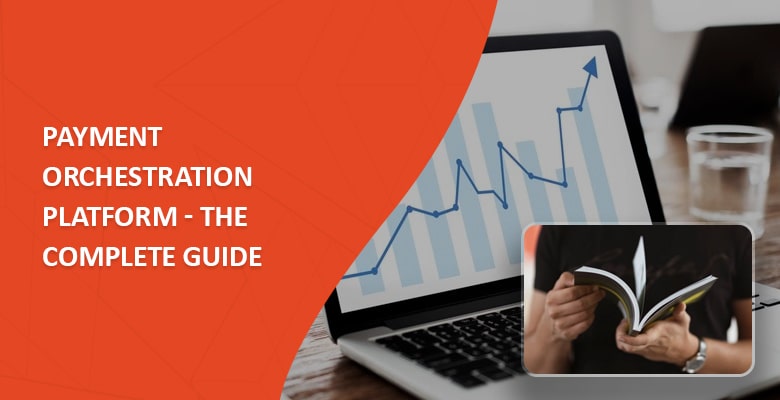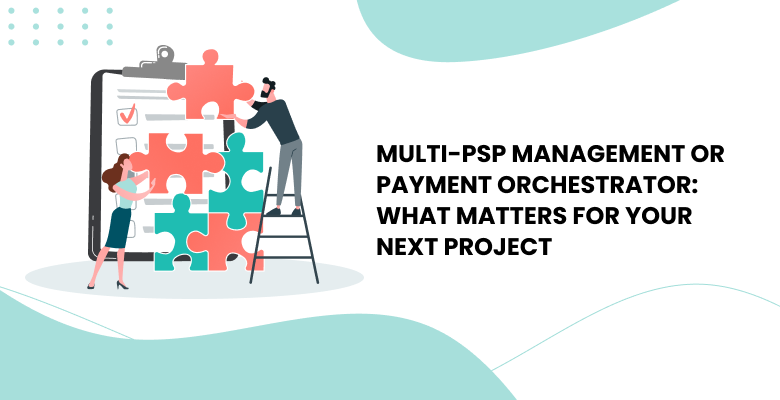
- Multi-PSP vs Payment Orchestration: How Do They Compare?
- When Does Multi-PSP Management Deliver the Biggest Impact?
- What Is Payment Orchestration? How Orchestration Simplifies Work Across Teams
- From Multi-PSP Chaos to Orchestration with Akurateco
- How Do Multi-PSP Management and Orchestration Work Together?
- Choosing the Right Approach: Multi-PSP, Orchestration, or Both?
- Conclusion
- FAQ
High costs, complex integrations, inconsistent checkout, and compliance risks make merchants rethink how they manage payments. The decision usually comes down to two paths: managing multiple PSPs independently or using a payment orchestration platform. The difference between payment orchestration and a PSP lies in the way they streamline payments.
Multi-PSP management ensures redundancy and variety. Merchants can have access to multiple processors. However, handling multiple PSPs and gateways often comes with overhead, including specific operational and technical challenges. Managing each PSP provider is highly complex due to fragmented data, security challenges, risk oversight, and inefficient reporting workflows. In this environment, growth and expansion for merchants are almost impossible, as compliance and regulatory requirements only increase when scaling.
Payment orchestration is middleware that provides centralized control and scalability, enabling seamless integration and management of payment processes. Unlike in a multi-PSP approach, orchestration offers a single integration to all providers, payment methods, and acquirers. This simplifies the overall management. Efficient reconciliation, reporting, and settlement, along with effective fraud prevention and risk management, ensure seamless growth and scaling, enabling merchants to expand their network securely across multiple locations.
In this article, we break down the differences between payment orchestration and a PSP in detail, discussing which approach is better for achieving more successful conversions, compliance, and long-term scalability.
Multi-PSP vs Payment Orchestration: How Do They Compare?
When comparing multi-PSP vs payment orchestrator, it’s crucial to understand a few factors that make each the right fit for your business.
Multi-PSP management involves the process of directly working with multiple PSPs and gateways simultaneously. In some cases, businesses integrate these PSPs into their own platform. But more often they don’t have a unified system, so they juggle several admin panels in parallel, manually consolidating all the data in separate dashboards. It offers redundancy and a wide choice, but adds technical overhead. The main challenge is manual handling, which leads to operational chaos, higher costs, and fragmented reporting.
Payment orchestration platforms address these challenges by providing a centralized platform that connects PSPs through a single API. It provides smart routing, unified reporting, fraud tools, and scalable global payments.
With orchestration, merchants also benefit from having a payment dashboard that provides efficient management and insightful analysis of all their payment transactions. Designed to improve every aspect of payments, orchestration not only streamlines operations but also boosts approval rates and increases customer satisfaction.
The key difference between payment orchestration and a PSP lies in the level of control. Businesses can either manage multiple PSPs manually through direct integrations or use a centralized orchestration platform that connects them all through a single unified API.
Multi-PSP vs Payment Orchestration | ||
|---|---|---|
Feature | Multi-PSP management | Payment orchestration |
| Connects to Multiple PSPs | Yes | Yes |
| Integration Type | Separate integrations for each PSP | Unified API for all PSPs |
| Centralized Dashboard | No | Yes |
| Smart Transaction Routing (based on predefined rules) | No | Yes |
| Monitoring and Reporting | Manual, fragmented | Automated, unified |
| Scalability | Each new PSP requires setup | New providers can be added easily |
| Improves Conversion & Approval Rates | No | Yes |
| Compliance & Certification | Per PSP | Managed within a centralized orchestration layer |
When Does Multi-PSP Management Deliver the Biggest Impact?
Industries like e-commerce, SaaS, travel, marketplaces, and fintechs that need flexibility but face rising complexity as they scale can rely on PSP payment management and confidently handle transactions. This approach can be beneficial if your business needs the following:
- Redundancy. Connecting 3–5 PSPs ensures backup options, reduces declines, and protects revenue at checkout. For e-commerce and marketplaces, high transaction volumes across multiple regions mean that downtime or failed payments can quickly impact sales and customer trust.
- Coverage. Merchants can expand payment coverage with local gateways for SaaS platforms. SaaS platforms benefit by improving conversion in different regions, and travel businesses can handle region-specific authorization and settlement requirements.
- Cost optimization. Global merchants can distribute PSP payments across acquirers to lower processing costs, reduce latency, and boost performance. Fintechs and large organizations can gain efficiency and maintain competitive pricing while expanding operations internationally.
While multi-PSP management may be effective in the short term, it creates complexity and inefficiencies at scale. Each PSP is separate, with its own dashboard and reports. Different APIs and data formats add extra effort and slow down performance. Transactions are often manually monitored across fragmented systems, which can lead to errors. Teams are either large and costly or small and inefficient. You also need separate PSP certification for each, which makes compliance even more cumbersome.
Managing multiple types of PSP is expensive, making it nearly impossible to scale, track real-time conversions, detect fraud, and measure performance. Many merchants eventually outgrow multi-PSP setups, requiring a monitoring system to manage all payments. Therefore, they switch to payment orchestration to simplify operations and gain full control.
Akurateco’s payment orchestration platform is built to help you optimize and scale. Book a Demo to explore exciting growth opportunities for your business.
What Is Payment Orchestration? How Orchestration Simplifies Work Across Teams
Payment orchestration enables businesses to manage multiple PSPs and gateways within a single, centralized infrastructure, while built-in technologies provide insightful analytics, cost optimization, enhanced conversion, and seamless checkout. In addition, orchestration improves internal efficiency across all your departments and promotes agility:
- Development teams. Payment orchestration offers a comprehensive solution, encompassing development and ongoing support. Merchants can switch providers freely without incurring costly in-house integration expenses.
- Payment teams and support. With everything set up, rollout and testing of new methods become faster and simpler.
- No more chaotic spreadsheets across PSPs. All PSP data is consolidated in a single dashboard. Reconciliation, reporting, and analytics are automated, eliminating the need for numerous spreadsheets.
- QA consistency across flows. Orchestration standardizes APIs, error codes, and checkout flows, thereby reducing QA effort while ensuring reliable and uniforming payment processing.
Understanding the difference between payment orchestration and a PSP helps explain why these improvements matter. While a traditional PSP focuses on establishing transactions through single, separate gateways, payment orchestration unifies all providers together within a single payment infrastructure, streamlining payment processing, improving authorization rates, and ensuring full visibility across all transactions. This eliminates fragmented data, manual work, and integration delays, enabling teams to operate more efficiently.
Our clients consistently achieve full onboarding and deployment within a week — that’s the power of Akurateco’s payment orchestration, shares Andrew Riabchuk, Founder and CTO of Akurateco.
From Multi-PSP Chaos to Orchestration with Akurateco
PSPs and payment orchestration platforms provide different levels of control.
Without payment orchestration
When relying solely on a multi-PSP approach, you risk falling into the trap of vendor lock-in, as you work only with a few providers. Transactions often fail to process and are declined due to various reasons, which can negatively impact the customer experience and result in financial loss. Furthermore, managing separate PSPs comes with fragmented data. If you decide to expand your network of existing multi-PSPs, it can result in slow and costly integrations.
With payment orchestration
With orchestration, you gain unified control of multiple payment providers, integrations, payment methods, acquirers, and other financial institutions. This centralized infrastructure streamlines payment processing, reduces manual work, and enhances scalability. It enables faster time-to-market and seamless adaptation to new locations and regulations.
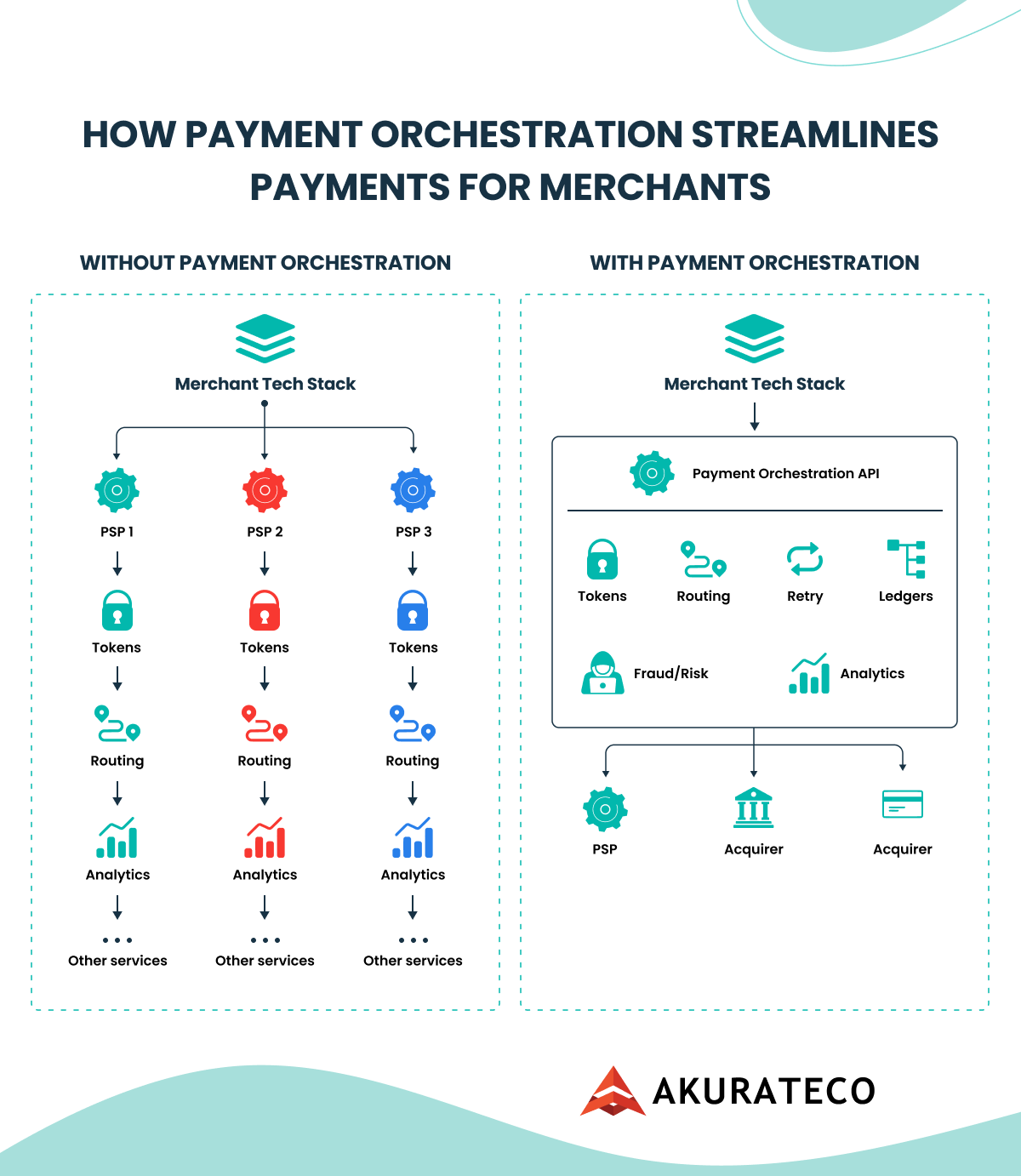
With access to 600+ connectors, Akurateco’s payment orchestration platform provides fast onboarding, preparing the necessary integrations for your business. This involves comprehensive platform setup, from routing and cascading to anti-fraud, as well as PCI DSS compliance and tokenization. Routing can be configured to use the best-performing payment provider, while cascading reroutes declined transactions from one provider to another — and can do so as many times as needed within a single payment attempt. Additionally, our team can develop custom integrations upon request to meet your specific business needs.
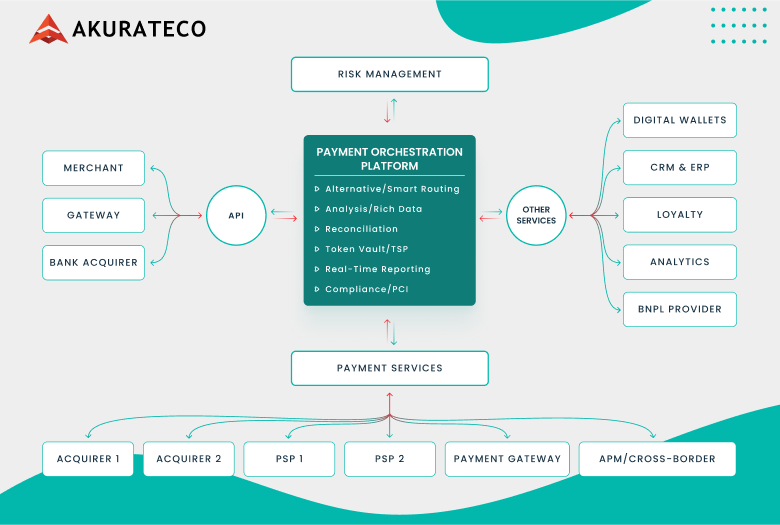
How Do Multi-PSP Management and Orchestration Work Together?
PSPs and payment orchestration form the foundation of modern payment infrastructure, serving their own purposes in processing strategy. Working with multiple PSP types enables merchants to reach more regions, support diverse payment gateways, and enhance authorization success. However, managing even a few PSPs separately often comes at a cost, leading to data silos, higher operating expenses, latency, and inconsistent settlement processes.
While multi-PSP management ensures access to diverse providers, payment orchestration platforms consolidate all PSPs, acquirers, gateways, and payment methods into a single solution. This integration simplifies transactions, offers smart routing based on location and rates, offers real-time reporting and analytics, automates reconciliation, and enhances fraud prevention. As a result, it becomes easier to collect payment data and stay informed about all existing PSPs.
Orchestration empowers merchants to control every step of their payment infrastructure. By using a monitoring system, businesses gain deep visibility into transaction data, enabling faster issue resolution and continuous performance optimization.
Choosing the Right Approach: Multi-PSP, Orchestration, or Both?
Conducting a thorough PSP review is the first step for any merchant looking to optimize their payment flows. Evaluating providers based on performance, fees, reliability, and global reach ensures businesses end up with the most suitable partner for their needs. During the process, you might understand you require more than just a multi-PSP approach. Understanding the difference between payment orchestration and a PSP and determining which is better to use is critical in this process.
When is multi-PSP enough?
Small-scale merchants requiring only a few providers can be totally fine with multi-PSP and its benefits. Multi-PSP setups offer redundancy, improved approval rates, and coverage across different geographies without introducing additional layers. If your business is in the early stages of growth, this approach can be more straightforward. You can quickly implement and easily maintain it without incurring additional costs, while still mitigating the risk of single-processor downtime.
When do you need orchestration?
As a business scales globally, payment complexities increase. Handling multiple currencies, ensuring compliance across regions, optimizing routing, and monitoring fraud become extremely difficult without a unified infrastructure. Orchestration addresses these challenges by centralizing payment flows.
Payment orchestration providers come with built-in technologies that help merchants optimize routing, automate settlement, guarantee security and compliance, and provide a single dashboard for monitoring all PSPs.
Businesses striving for efficiency in high-volume, multi-region expansion, and advanced workflows often find orchestration essential to maintain operational agility, consistent approval rates, and unified reporting across their entire payment ecosystem.
Can you combine both?
Many merchants choose a layered approach, where they rely on orchestration to manage multiple PSPs on a unified platform.
The best results come when orchestration acts as the control layer for multi-PSP setups. In our experience with payment orchestration, this approach has consistently increased approval rates by 15–35% and helped merchants cut their processing costs by up to 25%. This has created a solid foundation for global scaling — a result our clients have repeatedly confirmed, claims Volodymyr Kuiantsev, CEO and Co-Founder of Akurateco.
Conclusion
Over time, the differences between payment orchestration and PSPs become strikingly clear, especially in how they influence a business’s ability to scale, optimize costs, and maintain control. While multi-PSP management may work short-term, it creates complexity and inefficiencies at scale. For expanding merchants seeking efficiency in their payment flows, orchestration is the smarter, cost-efficient, and future-ready alternative.
When considering PSPs or payment orchestration platforms, you need to evaluate your business needs. Opting for multi-PSP management gives you access to multiple providers. At the same time, you have to handle data from all the separate providers. With orchestration, you gain unified control and ecosystem resilience, which is a foundation for confident scalability.
By combining these approaches, you gain flexibility with diverse payment options and efficiency through a centralized system. Such a robust platform leverages modern built-in technologies to enable seamless payments and a scalable network, all while keeping cost growth in check.
Efficient transactions start with orchestration. Book a Demo to gain full control over your PSP network, optimize costs, and scale globally with Akurateco.
FAQ
Is payment orchestration suitable for small businesses, or only for enterprises?
Payment orchestration brings the most benefits for medium to large businesses. It helps organizations handle higher transaction volumes and work with multiple PSPs, making centralized control easier while optimizing costs, improving approval rates, and managing risk.
How does orchestration impact compliance with PSD2, PCI DSS, and other regulations?
Akurateco’s payment orchestration platform ensures compliance with PSD2, PCI DSS, and other relevant security and regulatory standards. Businesses can meet legal requirements while managing payments efficiently.
Can I keep existing PSP contracts if I switch to an orchestration platform?
Yes, payment orchestration companies allow businesses to keep their existing PSP contracts when switching to an orchestration platform, enabling seamless integration without disrupting current partnerships.
What is the typical integration time for a payment orchestration platform?
The typical integration time for a payment orchestration platform ranges from a few days to a few weeks, depending on the complexity of your existing payment setup, the number of PSPs involved, and the specific features you plan to implement.
How does orchestration improve customer experience compared to managing multiple PSPs directly?
The key difference between payment orchestration and a PSP is that while a PSP handles individual payment processing, a payment orchestration platform centralizes multiple providers, configures routing and cascading technologies, reduces failures, and therefore enhances the checkout for customers.



